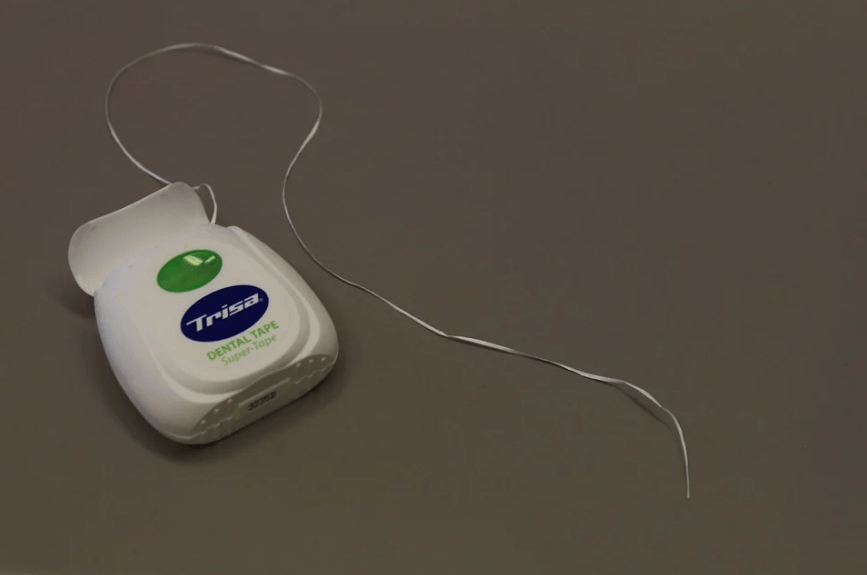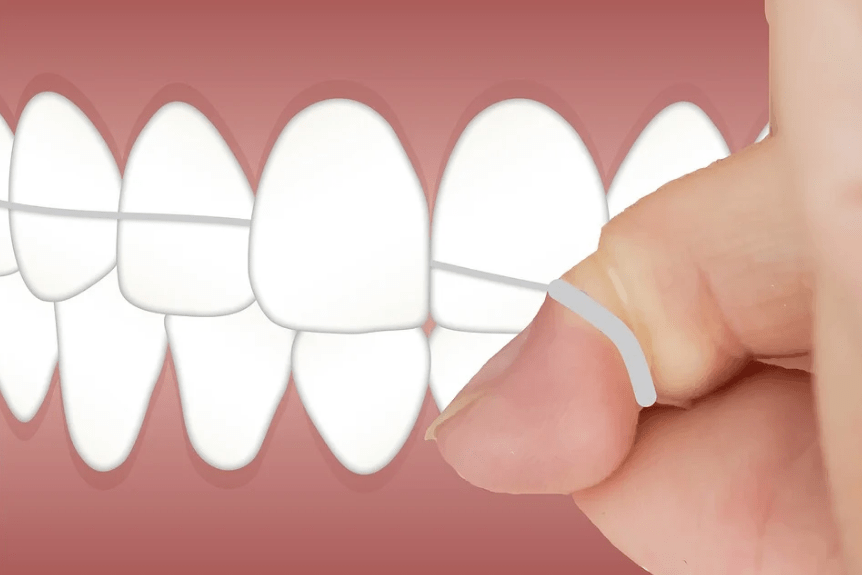Dentists have always asked about flossing habits after every check-up, and there’s a reason for that. Dentists, having studied this, know that flossing is a vital part of oral health. Read on to understand why flossing is essential in maintaining your smile.
Sometimes, food gets stuck between your teeth after eating; these are noticeable and can be removed by a toothpick. But, instead, what you should be looking out for is the little bits of gunk that are harder to notice. These tiny bits of mealtime find their way between the teeth every day. Meaning, you can brush your teeth as much as you want, but you still won’t be able to clean those spaces in between entirely. What’s worse is all of these gunk stuck between your teeth can destroy them over time.
Why is brushing not enough?
The tooth has five surfaces, and your toothbrush can only reach three of them. The remaining two surfaces are pretty close to the sides of your other teeth, making it easy for food to get lodged between them. When food gets nestled within these gaps, it generates a breeding ground for bacterial build-up, producing plaque. Floss is handy during such situations since it can get within these tight spaces and eliminate 80% plaque.
The Importance of Flossing
Failing to floss your teeth will leave them in danger. On the contrary, consistent flossing helps eliminate the gunk and plaque hiding in the small, hard-to-see spaces in the mouth. Although researchers keep on studying the role flossing plays in overall dental health, there are several definite benefits.
Prevents Gum Disease
The American Academy of Periodontology states that plaque on the teeth can cause gum disease. According to research, the bacteria in plaque lead to an inflammatory response, contributing to gum disease.
Stops Tooth Decay
Flossing is a vital step in evading cavities. A tiny portion of sticky candy caught between your teeth can lead to cavity-causing plaque in just two days. Avoid tooth decay by flossing your teeth once per day.
Freshens Breath
Keep your confidence going by flossing the trapped little gunks of food in your teeth that can cause your breath to stink. A thorough oral care routine will reward you with a fresh-smelling breath that makes you feel eager to greet the world every morning.
Improves Appearance
Flossing is a splendid way of improving your teeth’s overall brightness, helping you keep a wonderful smile for years to come. Combine your dazzling smile with healthy gums, and you’ll be sure to perfect a smile with true lingering power.
Based on the American Academy of Periodontology, plaque on your teeth can lead to gum disease. In addition, research suggests that the bacteria found in plaque causes an inflammatory response that contributes to gum disease. Accordingly, flossing helps you to avoid problems such as receding gums, tooth and bone loss, and bleeding gums.
Reduces the Chance of Developing Heart Disease
Among the dangers of gum disease is that it seems to play a role in the development of heart disease. Recent studies show a 20% higher chance of developing heart disease if you have gum disease. One hypothesis is that gum disease goads on the contraction of arteries that leads to cardiovascular disease.
Protects From Other Diseases
Bacteria inside an unhealthy mouth can adversely affect the rest of your body if left untreated. For example, gingivitis may enter your bloodstream and travel to other parts of your body, leading to diabetes, respiratory illnesses, and heart disease. Flossing merely takes a lot of time out of your day, but it will benefit your long-term health.
Great for the Overall Health
Brushing your teeth every after each meal might not seem convenient, but flossing after your meal is easy enough, and you can do it anywhere. Hence, regularly flossing your teeth can aid you in practicing excellent oral hygiene and maintain a healthy lifestyle and diet, as flossing after meals will make you less likely to be tempted by a snack.
After knowing the different benefits of flossing to your oral and overall health, it’s time to include it in your everyday oral hygiene routine. Dentists recommended flossing once every day; the best time is during evenings to rid of any food and plaque your teeth have collected at the end of the day. If you have concerns about dental diseases or noticed any change or sensitivity to your teeth, immediately book an appointment with your dentist.
Of course, just flossing your teeth isn’t enough by itself to keep a bright smile. You’ll also need to stick with a comprehensive dental care routine to protect your smile in the long run.
There’s no need for you to buy all sorts of costly gadgets to maintain the health of your teeth and gums. Instead, consistent care is the answer to guarantee that your brilliant smile will be with you your whole life.

